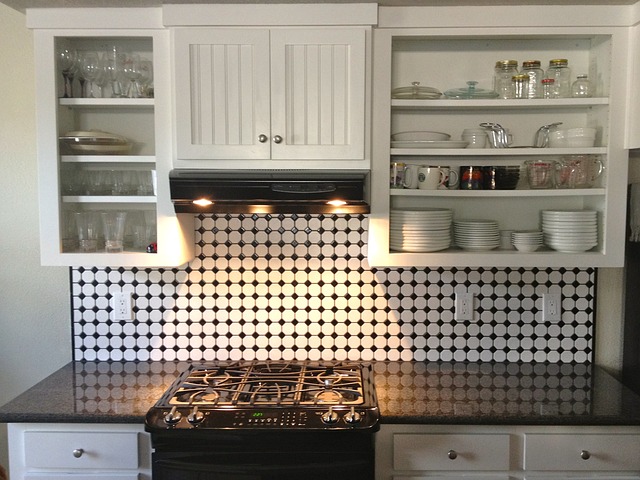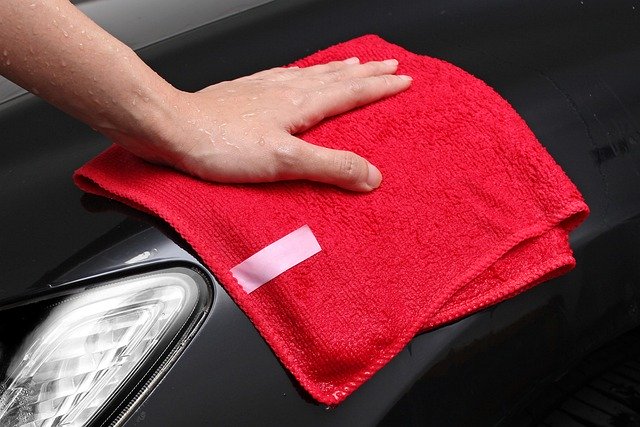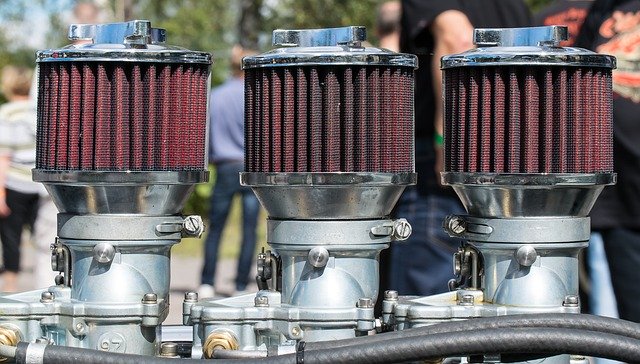Your home’s HVAC (Heating, Ventilation, and Air Conditioning) system plays a crucial role in keeping you comfortable year-round. To ensure it continues to operate efficiently and effectively, regularly cleaning and maintaining your home’s HVAC system are essential.
In this blog post, we will share some valuable tips and insights to help you take care of your home’s HVAC system like a pro. Whether you’re a homeowner or a renter, these practical suggestions will keep your HVAC system running smoothly, prolong its lifespan, and maintain optimal indoor air quality.
Schedule Regular HVAC Inspections and Maintenance
Regular inspections and maintenance are key to keeping your HVAC system in top shape. Here’s what you need to know:
- Find a reputable HVAC professional: Look for a qualified HVAC technician who is experienced, licensed, and certified. They can provide comprehensive inspections, perform necessary maintenance tasks, and address any potential issues.
- Schedule annual maintenance: Aim to have your HVAC system inspected and serviced at least once a year. This preventive measure helps catch any minor issues before they turn into major problems. Regular maintenance also ensures optimal performance, energy efficiency, and improved indoor air quality.
- Clean or replace air filters regularly: One of the simplest yet most important maintenance tasks is to clean or replace your HVAC system’s air filters regularly. Clogged or dirty filters restrict airflow, reduce efficiency, and can even lead to system breakdowns. Check your filters monthly and clean or replace them as needed.
Ultimate Guide to Cleaning Your Home’s Range Hood Filters
Keep Outdoor HVAC Units Clean and Clear
The outdoor unit of your HVAC system requires attention to ensure proper functioning. Follow these tips to keep it clean and clear:
- Clear away debris: Regularly inspect the area around your outdoor HVAC unit and remove any leaves, grass clippings, twigs, or other debris that may accumulate. This debris can hinder airflow and affect the unit’s efficiency.
- Trim vegetation: Maintain a clearance of at least two feet around the unit. Trim back any bushes, shrubs, or plants that may obstruct the airflow or impede access for maintenance.
- Protect from weather elements: If your outdoor unit is exposed to harsh weather conditions, consider installing a cover to protect it from debris, ice, or snow. However, ensure the cover doesn’t completely enclose the unit, as proper airflow is essential.
Clean and Maintain Indoor HVAC Components
Taking care of the indoor components of your HVAC system is equally important. Here are some tips for cleaning and maintaining these elements:
- Clean air vents and registers: Regularly vacuum and dust your air vents and registers to remove dirt, dust, and pet hair that can accumulate over time. This helps maintain optimal airflow and prevents indoor air pollution.
- Clean condensate drain line: Locate the condensate drain line (usually near the indoor unit) and ensure it’s free of blockages. Use a mixture of water and vinegar to flush out any algae or debris that may have accumulated.
- Check thermostat settings: Verify that your thermostat is set correctly to ensure efficient temperature control. Consider upgrading to a programmable thermostat for greater energy savings and convenience.
- Seal ductwork leaks: Inspect your ductwork for any leaks or gaps. Sealing these openings with duct tape or mastic helps prevent energy loss and ensures proper airflow throughout your home.
Optimize Energy Efficiency
Improving energy efficiency not only reduces your environmental footprint but also saves you money on utility bills. Consider the following tips:
- Upgrade to energy-efficient equipment: If your HVAC system is outdated or inefficient, investing in a new, energy-efficient unit can significantly reduce your energy consumption. Look for systems with high SEER (Seasonal Energy Efficiency Ratio) ratings.
- Utilize programmable thermostats: Programmable thermostats allow you to set different temperature schedules based on your daily routines. By adjusting the temperature settings when you’re away or asleep, you can save energy without sacrificing comfort.
- Implement proper insulation: Ensure your home is well-insulated to minimize heat transfer. Insulating your walls, attic, and crawl spaces helps maintain a consistent indoor temperature, reducing the load on your HVAC system.
- Consider zoning systems: Zoning systems divide your home into different zones, each with its thermostat. This allows you to control the temperature independently in different areas, optimizing comfort and energy usage.
Conclusion
Caring for your home’s HVAC system through regular cleaning and maintenance is crucial for its longevity and performance. By following the tips outlined in this blog post, you can ensure optimal efficiency, energy savings, and improved indoor air quality. Remember, a well-maintained HVAC system not only keeps you comfortable but also contributes to a healthier and more sustainable living environment. Stay proactive, enlist professional help when needed, and enjoy the benefits of a well-functioning HVAC system in your home.











